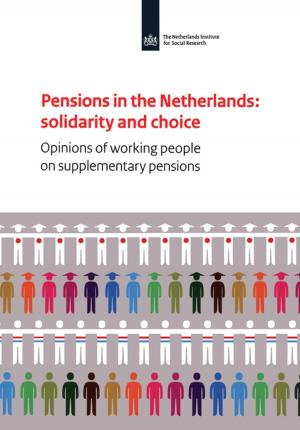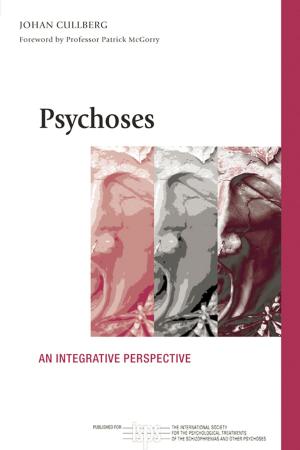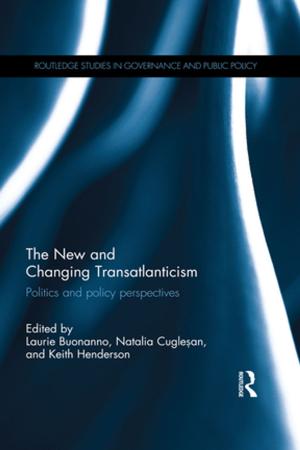Negotiating Elite Talk
Language, Race, Class and Identity Among African American High Schoolers
Nonfiction, Reference & Language, Language Arts, Linguistics| Author: | John Taggart Clark | ISBN: | 9781317641490 |
| Publisher: | Taylor and Francis | Publication: | June 3, 2014 |
| Imprint: | Routledge | Language: | English |
| Author: | John Taggart Clark |
| ISBN: | 9781317641490 |
| Publisher: | Taylor and Francis |
| Publication: | June 3, 2014 |
| Imprint: | Routledge |
| Language: | English |
Len Gregory is a law school student. As part of his elite law school's community outreach programme, he finds himself in a local high school several times a week passing on his own legal knowledge to the students in a course he teaches entitled Street Law. This book shows that passing on legal knowledge is not the only thing Len is doing in Street Law. He is also trying to get his students to talk and argue about the law in the same way that he does.
Len talks about legal matters using hypothetical, speculative scenarios played out by generic people - if people occur at all in his scenarios. The students, meanwhile, recount anecdotes inhabited by real people doing things in the real world. This book describes how Len and the Street Law students negotiate Len's language promotion project scheme, that is, how the students go along with or resist Len's promotion. The consequences of this negotiation are high: the abstract/speculative inquiry style promoted by Len carries social value - to be able to talk as Len does is to be able to talk as powerful members of society talk, and Len is offering the Street Law students access to that social capital. However, this book shows how the Street Law students identify abstract/speculative inquiry as being the talk of the (elite, white) Other - not, in other words, a way of talk that, by and large, utters their social identity. The book examines this negotiation and tension between learning economically powerful ways of talking in the larger social marketplace and maintaining an authentic local social identity.
Len Gregory is a law school student. As part of his elite law school's community outreach programme, he finds himself in a local high school several times a week passing on his own legal knowledge to the students in a course he teaches entitled Street Law. This book shows that passing on legal knowledge is not the only thing Len is doing in Street Law. He is also trying to get his students to talk and argue about the law in the same way that he does.
Len talks about legal matters using hypothetical, speculative scenarios played out by generic people - if people occur at all in his scenarios. The students, meanwhile, recount anecdotes inhabited by real people doing things in the real world. This book describes how Len and the Street Law students negotiate Len's language promotion project scheme, that is, how the students go along with or resist Len's promotion. The consequences of this negotiation are high: the abstract/speculative inquiry style promoted by Len carries social value - to be able to talk as Len does is to be able to talk as powerful members of society talk, and Len is offering the Street Law students access to that social capital. However, this book shows how the Street Law students identify abstract/speculative inquiry as being the talk of the (elite, white) Other - not, in other words, a way of talk that, by and large, utters their social identity. The book examines this negotiation and tension between learning economically powerful ways of talking in the larger social marketplace and maintaining an authentic local social identity.















